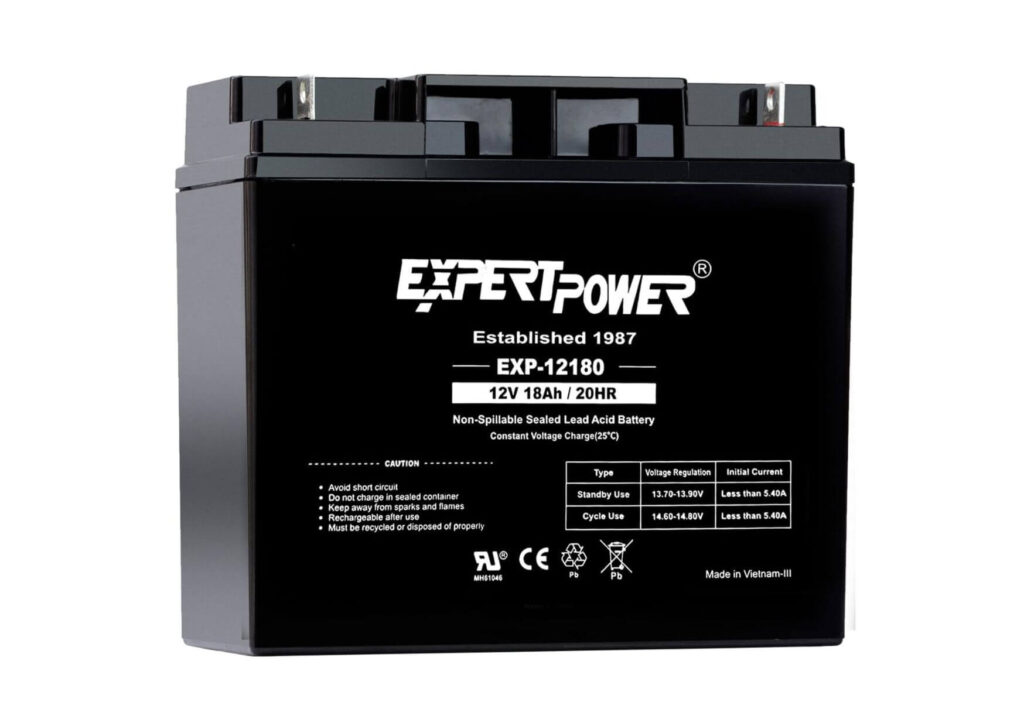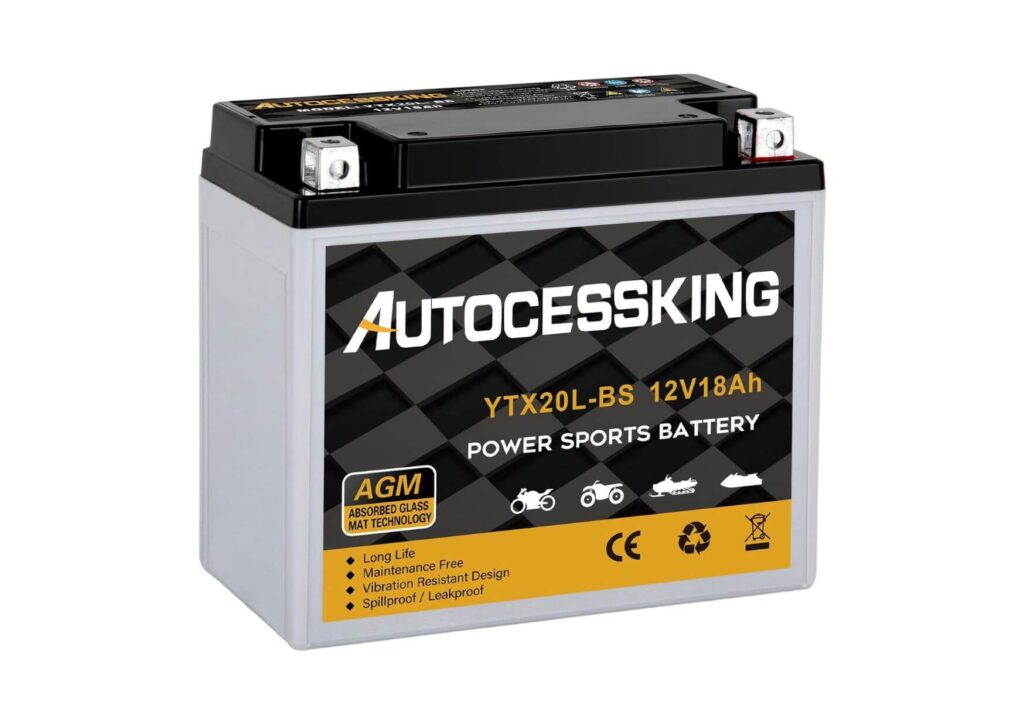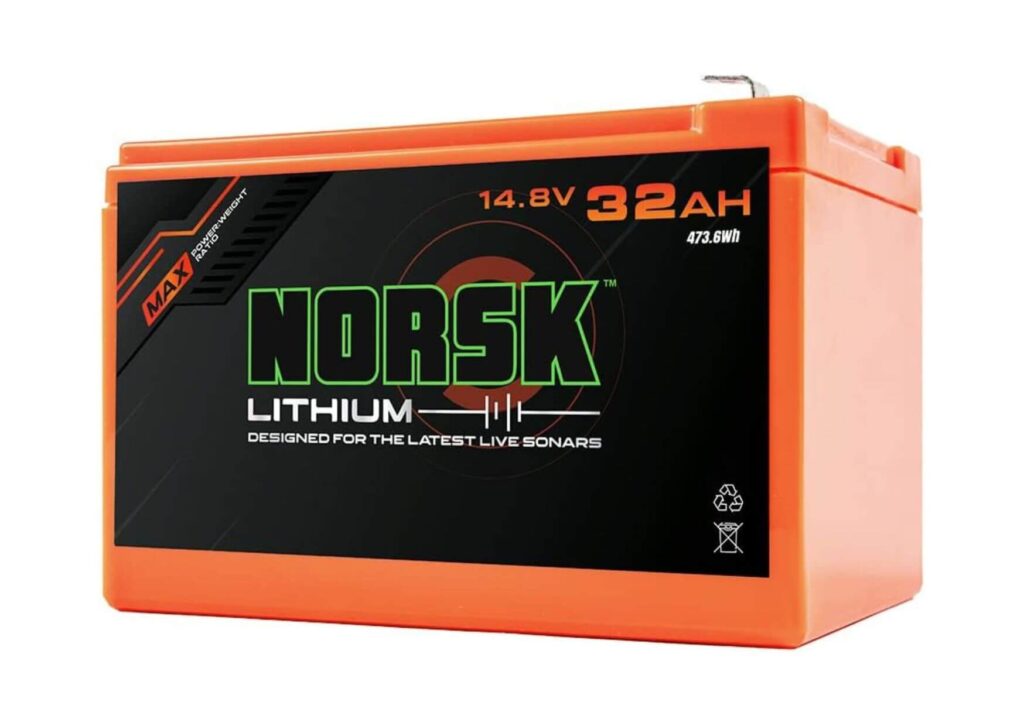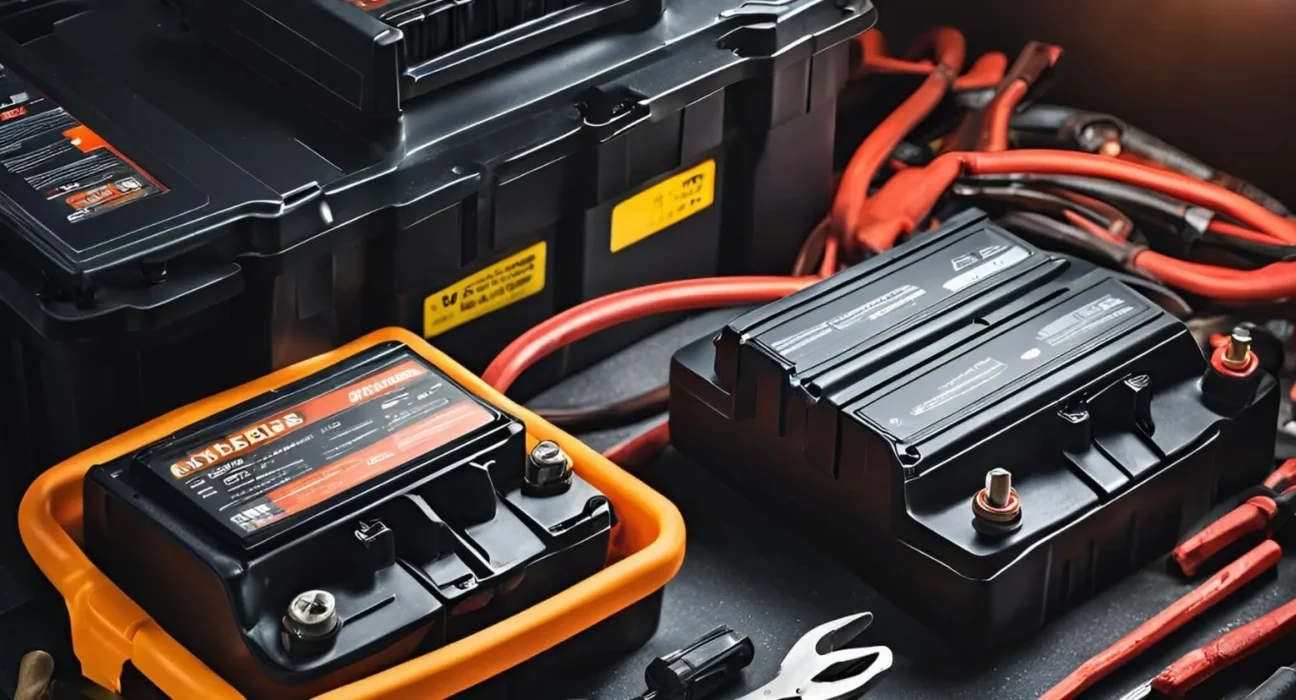When it comes to car maintenance, the battery is often overlooked until it fails. However, it plays a crucial role in ensuring that your vehicle starts smoothly and that all electronic components function properly. Your car’s battery is more than just a power source; it’s the heart of your vehicle’s electrical system. The right battery ensures that your car starts reliably, powers all its electrical components, and performs efficiently. Choosing the best car battery for your needs involves considering various factors, including type, size, and performance.
Table of Contents
Why Car Battery Quality Matters
A car battery is not just a simple power source; it’s the heart of your vehicle’s electrical system. A reliable battery ensures smooth operation, from starting the engine to powering accessories like lights and radio. A poor-quality battery can lead to frequent breakdowns, low performance, and ultimately, higher maintenance costs. Therefore, investing in a high-quality car battery is essential for the longevity and efficiency of your vehicle.
Types of Car Batteries
Lead-acid batteries
Lead-acid batteries are the most common and have been used for decades. They are affordable and reliable, making them a popular choice for many vehicles. There are two main types within this category.

- Flooded Lead-Acid (FLA) Batteries: These are the traditional batteries that require maintenance, including checking the water level regularly. They are cost-effective but need more care.
- Sealed Lead-Acid (SLA) Batteries: Also known as maintenance-free batteries, these are sealed units that don’t require regular topping up of electrolytes. They are more convenient but usually come at a higher cost.
Absorbent Glass Mat (AGM) Batteries
AGM batteries are lead-acid batteries that use a glass mat to absorb the electrolyte, reducing the risk of spillage. They offer better performance, and longer life, and are resistant to vibrations, making them ideal for high-performance vehicles and cars with numerous electronic accessories.

Lithium-Ion Batteries
Lithium-ion batteries are becoming increasingly popular due to their lightweight and high energy density. They offer superior performance and a longer lifespan compared to traditional lead-acid batteries. However, they are significantly more expensive and may not be compatible with all vehicles.

What to Consider When Choosing a Car Battery
Battery Size: Car batteries come in various sizes, typically referred to as group sizes. It’s crucial to choose a battery that fits your vehicle’s specifications. Consult your owner’s manual or a professional mechanic to determine the right size for your car.
Cold Cranking Amps (CCA): CCA is a measure of a battery’s ability to start an engine in cold temperatures. A higher CCA rating is essential for vehicles operating in colder climates, ensuring the engine starts reliably even in freezing conditions.
Reserve Capacity (RC): Reserve capacity indicates how long a battery can provide power if the alternator fails. A higher RC means the battery can support the vehicle’s electrical systems for a longer period, which is crucial in emergencies.
Battery Type: Choose the type of battery that suits your vehicle’s needs. For standard vehicles, a lead-acid battery is usually sufficient. For high-performance or modern vehicles with advanced electronics, an AGM or lithium-ion battery might be a better choice.
Brand Reputation and Warranty: Opt for reputable brands that offer solid warranties. A good warranty indicates confidence in the product’s quality and provides peace of mind in case of defects or early failure.
Tips for Longer Battery Life Maintenance
To get the most out of your car battery, regular maintenance is key.
Keep it Clean: Dirt and corrosion on the terminals can reduce battery efficiency. Regularly clean the terminals with a brush and a mixture of baking soda and water.
Check the Voltage: Use a multimeter to check your battery’s voltage periodically. A healthy battery should read around 12.6 volts when fully charged.
Avoid Short Trips: Short trips can prevent your battery from fully charging. Try to take longer drives occasionally to keep the battery in good condition.
Secure the Battery: Ensure the battery is properly secured in its compartment to avoid damage from vibrations and impacts.
Final Thoughts
Choosing the best car battery is essential for your vehicle’s performance and reliability. Whether you opt for a traditional lead-acid battery, an advanced AGM model, or a cutting-edge lithium-ion option, understanding your vehicle’s requirements and the key features of each battery type will help you make an informed decision. By investing in a high-quality battery and maintaining it properly, you can ensure a smooth and trouble-free driving experience.





